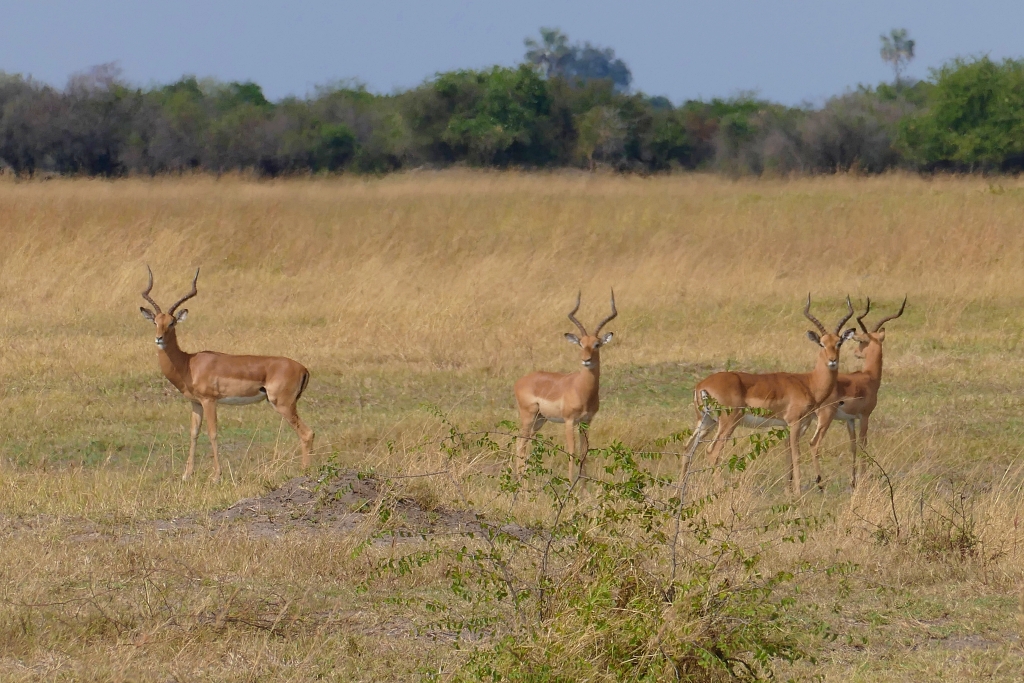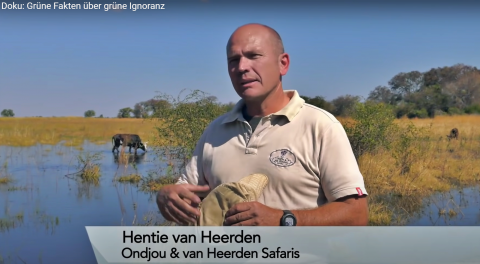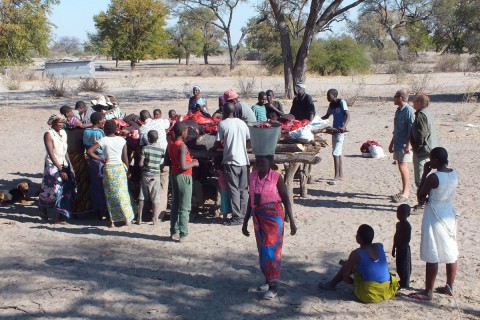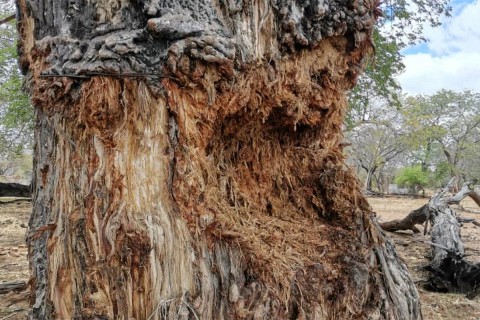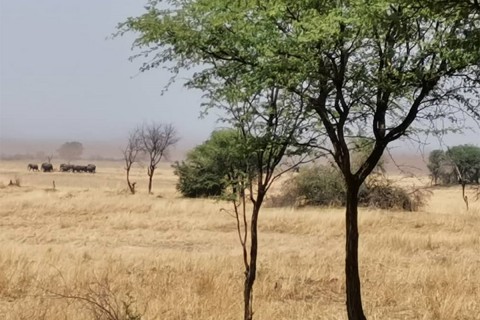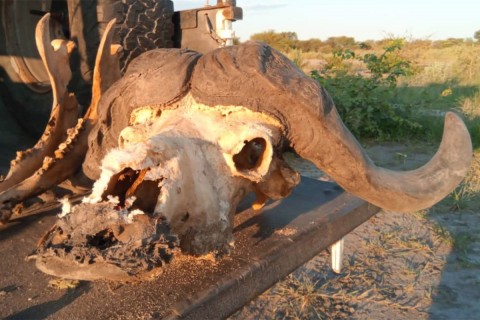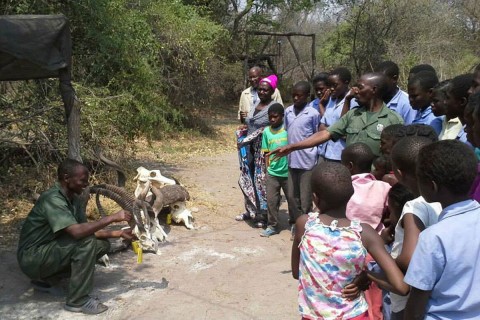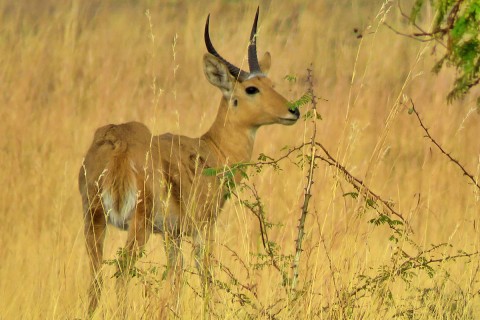If various bachelor herds of well balanced age groups can be found in a communal hunting block / conservancy, the quota setting process seems to work after being applied for 12 years with close to 100% utilisation of the allocated quota.
Different seasons as well as annual rainfall play a role when it comes to animal movement in a larger landscape. These factors should be carefully considered when setting a new quota.




